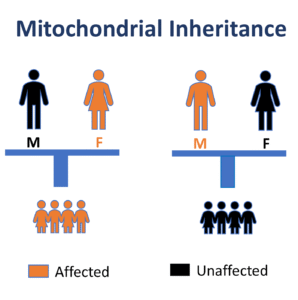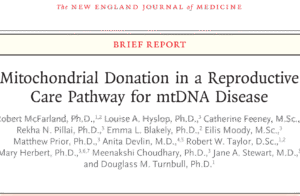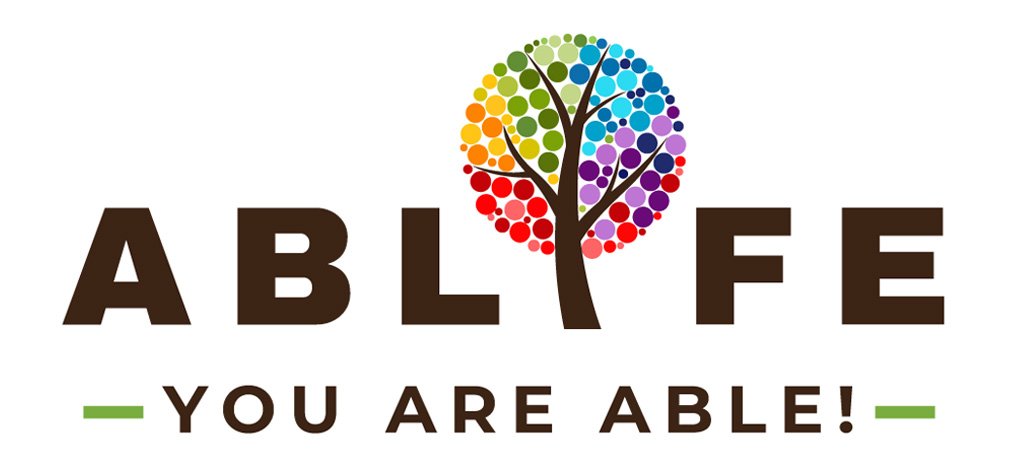

This briefing summarizes key findings from a report on the implementation and outcomes of a reproductive care pathway, including mitochondrial donation, for women with pathogenic mitochondrial DNA (mtDNA) variants. The pathway, established in the UK by the NHS, aims to provide informed reproductive choices to reduce the risk of severe inherited metabolic disease in offspring. As of this report, 22 women have undergone pronuclear transfer (a form of mitochondrial donation), resulting in 8 live births, all of whom were healthy at birth with low or undetectable levels of mtDNA heteroplasmy. The children are making normal developmental progress, with some minor health issues observed in two infants, both of which responded to treatment and resolved.
Key Themes and Findings
- The Challenge of Pathogenic mtDNA Variants
- Severity of Disease: Pathogenic mtDNA variants are a “common cause of severe, often fatal, inherited metabolic disease.”
- Heteroplasmy and Homoplasmy: The severity of the disease is often determined by the “relative abundance (heteroplasmy) of mutated copies.” Some variants are “typically homoplasmic (all copies are mutated)” causing disease in isolated organs with variable penetrance.
- Maternal Transmission: mtDNA is exclusively maternally transmitted. Children of women with homoplasmic variants are “obligate homoplasmic carriers.” For heteroplasmic mothers, a “mitochondrial genetic bottleneck leads to a random shift in heteroplasmy, which results in offspring with variable mutant loads.”
- Limited Treatment Options: Despite the prevalence and severity, “treatment options are limited.” Preimplantation genetic testing (PGT) is an option for some, but “for women with high levels of mtDNA heteroplasmy or homoplasmic pathogenic mtDNA variants, PGT is not an option.”
- The NHS Mitochondrial Reproductive Care Pathway
- Establishment and Purpose: Following preclinical testing and a change in UK law, a “new comprehensive National Health Service (NHS) care pathway” was established in 2017. Its “underlying principle to provide these women with an informed reproductive choice that can be implemented in a regulated environment.”
- Components: The pathway comprises the Mitochondrial Reproductive Advice Clinic (MRA-C) and the Mitochondrial Assisted Reproductive Technology Clinic (MART-C).
- Monitoring and Follow-up: As part of licensing, women undergoing mitochondrial donation are offered “close monitoring of the pregnancy and follow-up of the offspring.”
- Patient Referrals and Engagement: Out of 196 referrals, 163 women were evaluated in the MRA-C. Of these, 133 are receiving care in the MART-C. Many women used the process for “fact finding” and some declined to proceed for personal reasons or had conceived naturally.
- Mitochondrial Donation (Pronuclear Transfer) Outcomes
- Approvals and Variants: All 32 applications submitted to the Human Fertilisation and Embryology Authority (HFEA) for pronuclear transfer were approved. Ten different pathogenic mtDNA variants were represented among the 32 women.
- Pregnancies and Live Births: “A total of 22 women… have commenced or completed pronuclear transfer (and thus receipt of a mitochondrial donation), and there have been 8 live births.” There is also one ongoing pregnancy.
- Healthy Births and Normal Development: “All 8 children were healthy at birth,” with normal newborn and placental weights and Apgar scores. “All the children have made normal developmental progress.”
- Reduction in mtDNA Heteroplasmy: A “marked reduction in the transmission of pathogenic mtDNA variants after mitochondrial donation, with heteroplasmy either undetectable or well below a threshold likely to cause disease” was observed in the children. Five children had “undetectable levels at birth.”
- Observed Health Outcomes in Offspring
- Generally Healthy: “To date, five children have had no reported medical problems.”
- Myoclonic Epilepsy of Infancy: “Infant myoclonic epilepsy developed in another child, with spontaneous remission.” This is described as “a rare, typically self-limiting condition that occurs in otherwise healthy and developmentally normal children.” It resolved without treatment.
- Hyperlipidemia and Cardiac Arrhythmia: “Hyperlipidemia and cardiac arrhythmia developed in a child whose mother had hyperlipidemia during pregnancy; both of the child’s conditions responded to treatment.” This infant, born to a mother with the m.4300A→G variant, also had “prolonged jaundice with mildly elevated levels of liver enzymes” and an “enlarged hyperechogenic liver.” The hyperlipidemia and fatty liver resolved with dietary fat restriction. The cardiac issues (ventricular preexcitation and atrial tachycardia with secondary left ventricular dilatation) were successfully treated with antiarrhythmic medications, and the left ventricle returned to normal. Extensive genetic investigations did not identify a hereditary cause for this cardiac phenotype.
- Other Conditions: One child had a urinary tract infection that responded to antibiotics.
- Theoretical Risks and Confounding Factors: The report acknowledges “concerns exist about the safety of mitochondrial donation,” including “mismatch between nuclear DNA and mtDNA and reversion to the original maternal mitochondrial genotype.” However, establishing cause and effect for adverse outcomes is challenging due to the “increased incidence of congenital anomalies” associated with conventional assisted reproductive technology and the increased risk of pregnancy complications in women with mtDNA variants.
- Future Outlook
- Informed Choices: The study emphasizes that women at risk for transmitting severe mtDNA disease “should have the opportunity to make informed choices about their reproductive options.”
- Long-term Assessment: The health and extent of heteroplasmy in the offspring are being assessed long-term.
- Data Availability: The “role of mitochondrial donation as a choice for women with a heritable pathogenic mtDNA variant will only be established with the availability of additional data.”
Conclusion
The initial results from the UK’s NHS Mitochondrial Reproductive Care Pathway are highly promising, demonstrating the effectiveness of pronuclear transfer in reducing the transmission of pathogenic mtDNA variants and leading to the birth of healthy children. While a few health issues have been observed in some infants, these appear to be manageable and have resolved, and the children are showing normal developmental progress. The long-term follow-up will be crucial in fully establishing the safety and efficacy of mitochondrial donation as a viable reproductive option.
